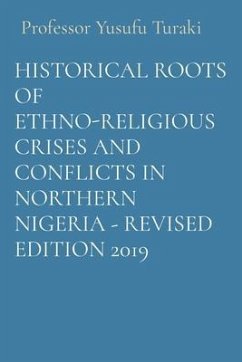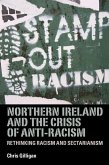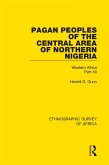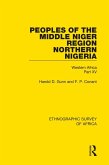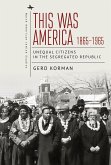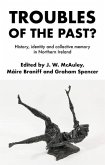This book updates my earlier books: The British Colonial Legacy, 1993; Theory and Practice of Christian Missions, 1999 and Tainted Legacy: Islam, Colonialism and Slavery in Northern Nigeria, 2010. Instead of revising each book, I decided to write this book as a follow-up to the long-term consequences of the traditional, Islamic, colonial and missionary legacies upon post-colonial and independent Nigeria. The book seeks to show how the politicians and soldiers addressed the politics of ethnicity, regionalism and religion in both colonial and post-colonial Nigeria. The book primary examines and analyzes the historical roots of ethno-religious crises and conflicts in Northern Nigeria as rooted in the legacies of African traditions, Islam, colonialism and Christian missions. This requires that we develop a new comprehensive and appropriate methodology of addressing and evaluating the prevalent and pervasive ethno-religious crises and conflicts in Northern Nigeria. People have sought to address this very issue by using two basic approaches. The first and easier approach is to examine the immediate causes of ethno-religious crises and conflicts. The readily available causes are usually named as religious, ethnic, political, or economics. These surface analyses tend to examine the nature of social interactions and networks and the use of religion, ethnicity, politics, or economics by various people groups that tend towards crises or conflicts. The categories of people who over-use this approach are mainly foreign researchers, journalists and social media practitioners as well as Government functionaries. They tend to look for quick and easy answers and solutions to the immediate crises and conflicts. This approach tends to overlook the deeper question, especially the historical roots of crises and conflicts.
This takes us to the neglected second but very valuable and enduring approach, the search for the historical roots of crises. This book develops and formulates a new method of social inquiry that can unravel the mystery of frequent, prevalent and pervasive ethno-religious crises and conflicts in Northern Nigeria. This new social inquiry was developed when I was asked to write a research paper on the Historical Roots of Crises and Conflicts in Kaduna State by the Kaduna State Peace and Reconciliation Committee (KSPRC) in 2012. Since then, I have modified and upgraded this new methodology. The outcome of this new social inquiry gives a better understanding of the nature of interactions and networks of relationships between and among various ethnic, religious and regional groups in Northern Nigeria. The historical time-lime that shaped interactions and engagements of various people groups was identified as a very important social factor that needs to be thoroughly defined and delineated. Our new method of social inquiry wove together certain historical primordial social factors as the roots of ethno-religious crises and conflicts. The first group of social factors identified is the primordial social factors of ethnography (ethnicity), geography (land, territory), religion and culture. A second group called the social reformers were identified through the social inquiry.
This takes us to the neglected second but very valuable and enduring approach, the search for the historical roots of crises. This book develops and formulates a new method of social inquiry that can unravel the mystery of frequent, prevalent and pervasive ethno-religious crises and conflicts in Northern Nigeria. This new social inquiry was developed when I was asked to write a research paper on the Historical Roots of Crises and Conflicts in Kaduna State by the Kaduna State Peace and Reconciliation Committee (KSPRC) in 2012. Since then, I have modified and upgraded this new methodology. The outcome of this new social inquiry gives a better understanding of the nature of interactions and networks of relationships between and among various ethnic, religious and regional groups in Northern Nigeria. The historical time-lime that shaped interactions and engagements of various people groups was identified as a very important social factor that needs to be thoroughly defined and delineated. Our new method of social inquiry wove together certain historical primordial social factors as the roots of ethno-religious crises and conflicts. The first group of social factors identified is the primordial social factors of ethnography (ethnicity), geography (land, territory), religion and culture. A second group called the social reformers were identified through the social inquiry.
Dieser Download kann aus rechtlichen Gründen nur mit Rechnungsadresse in A, D ausgeliefert werden.

